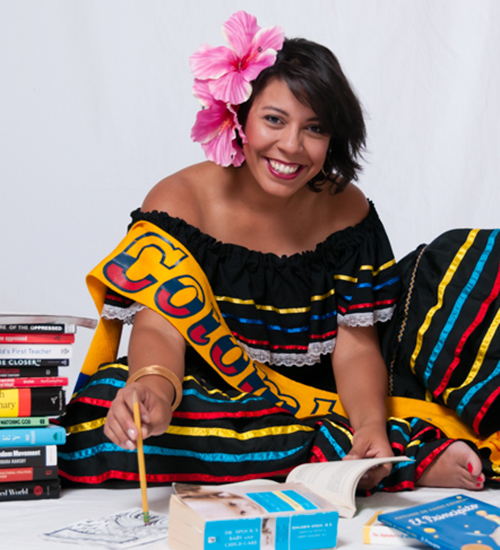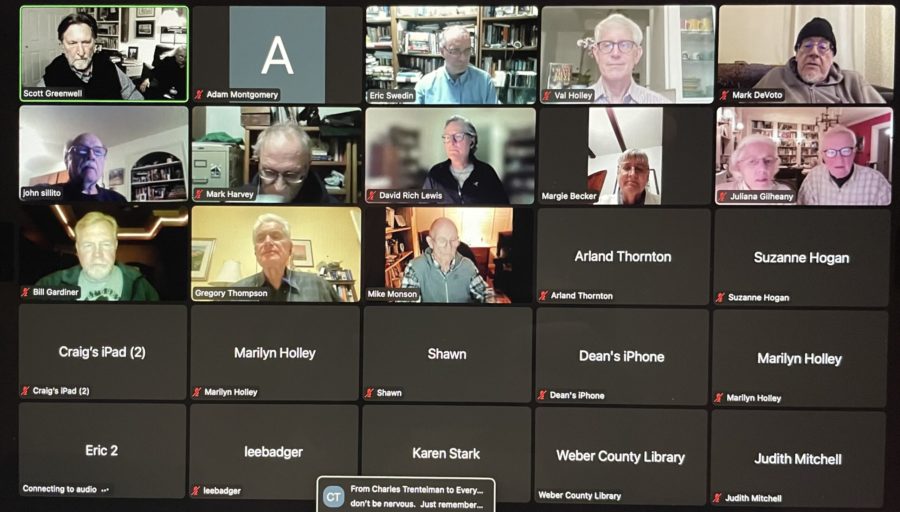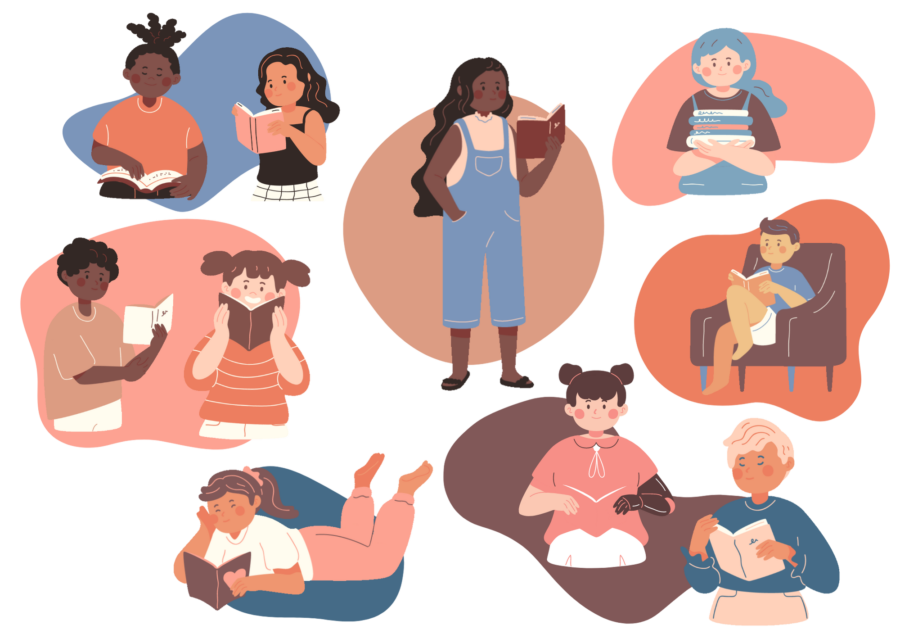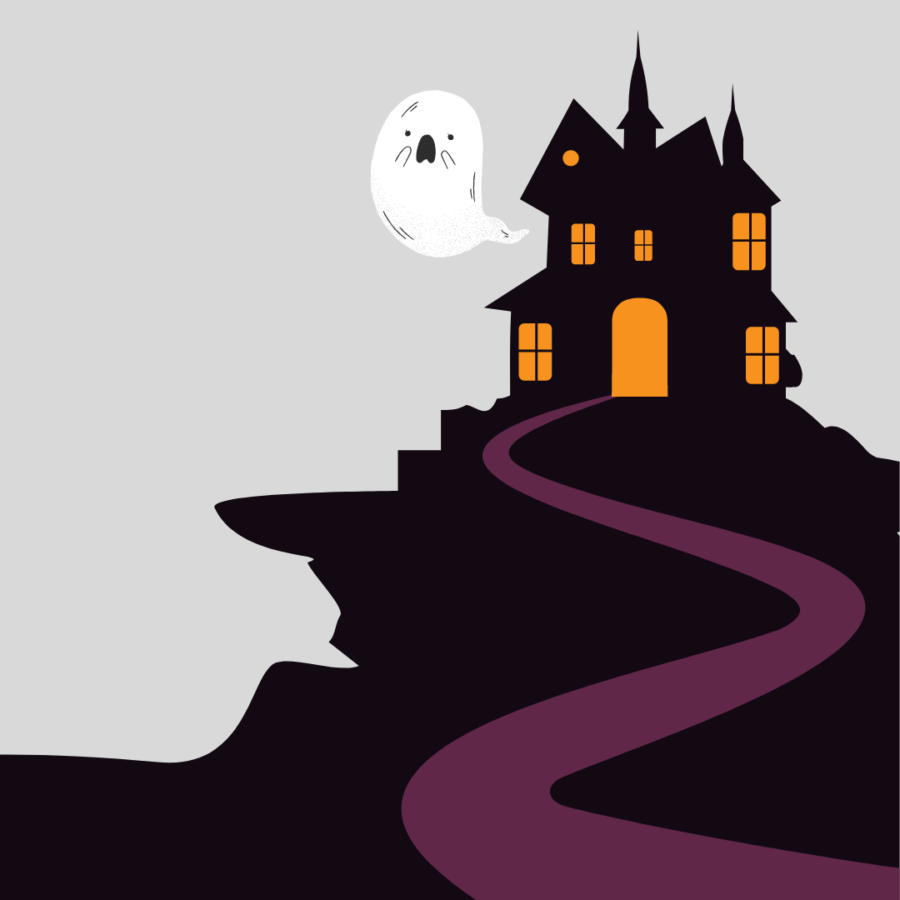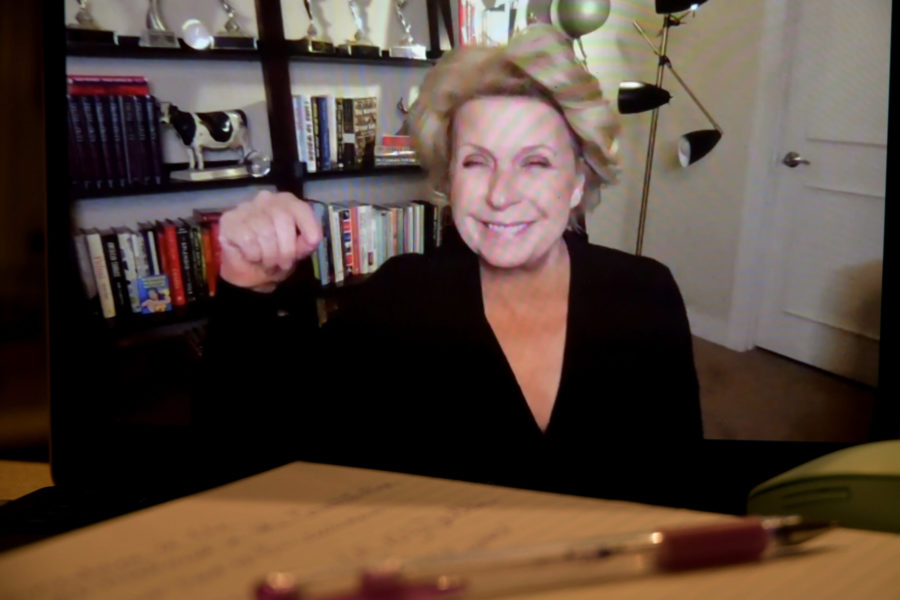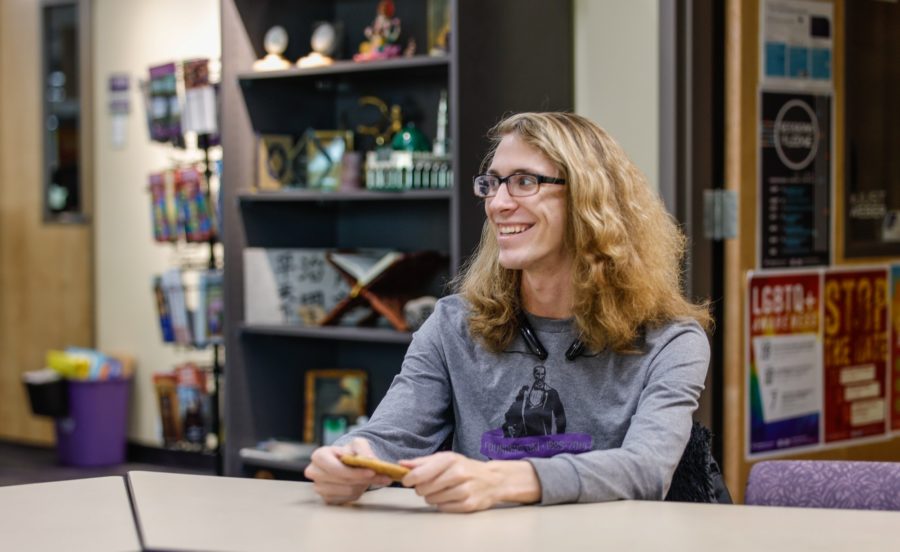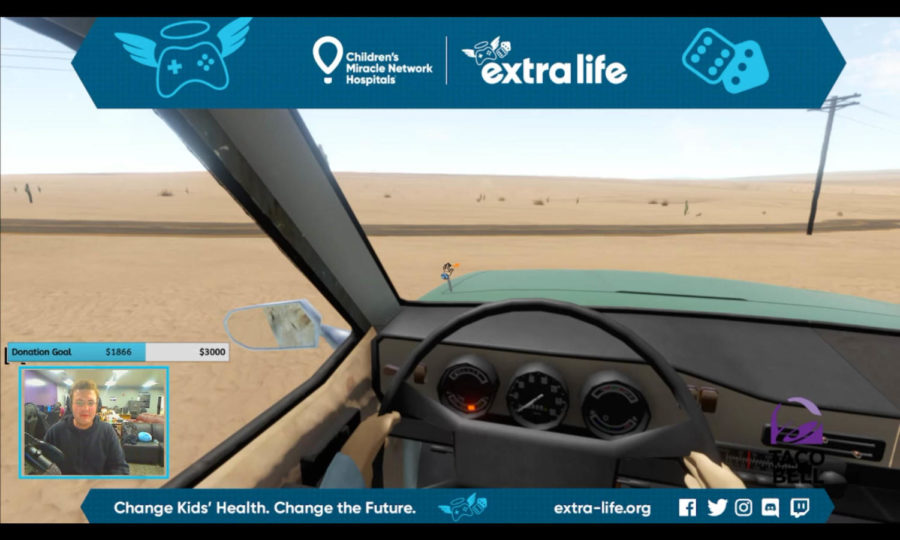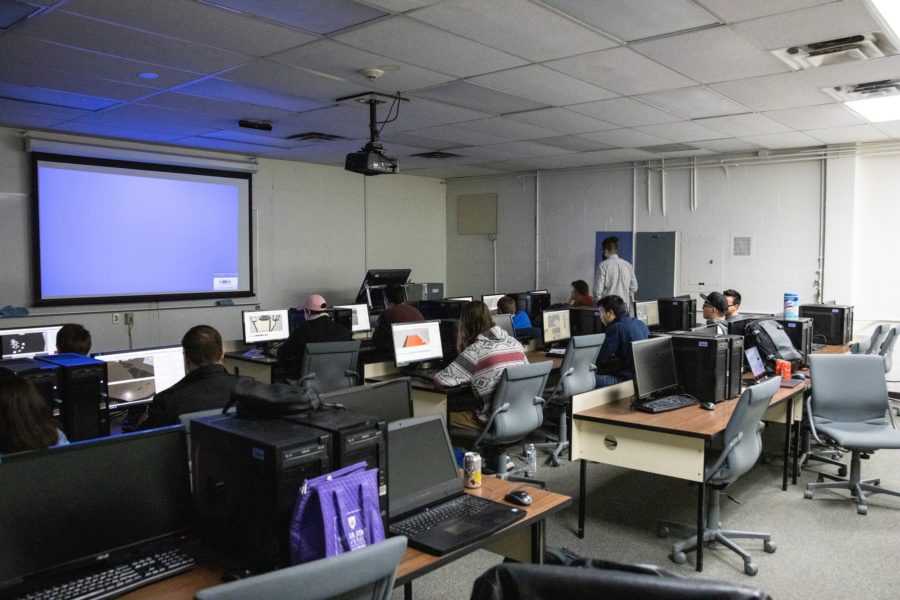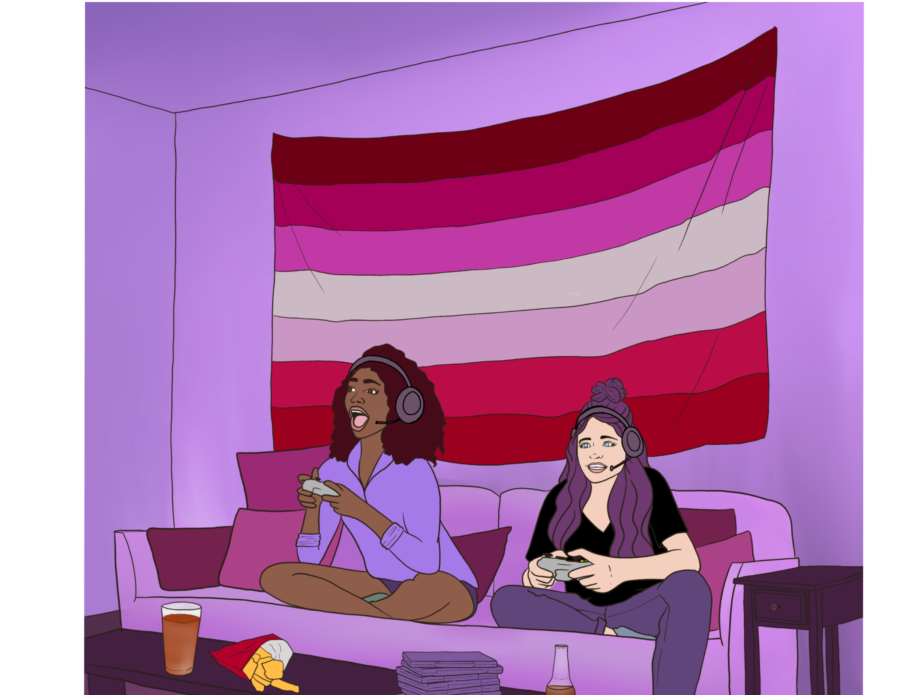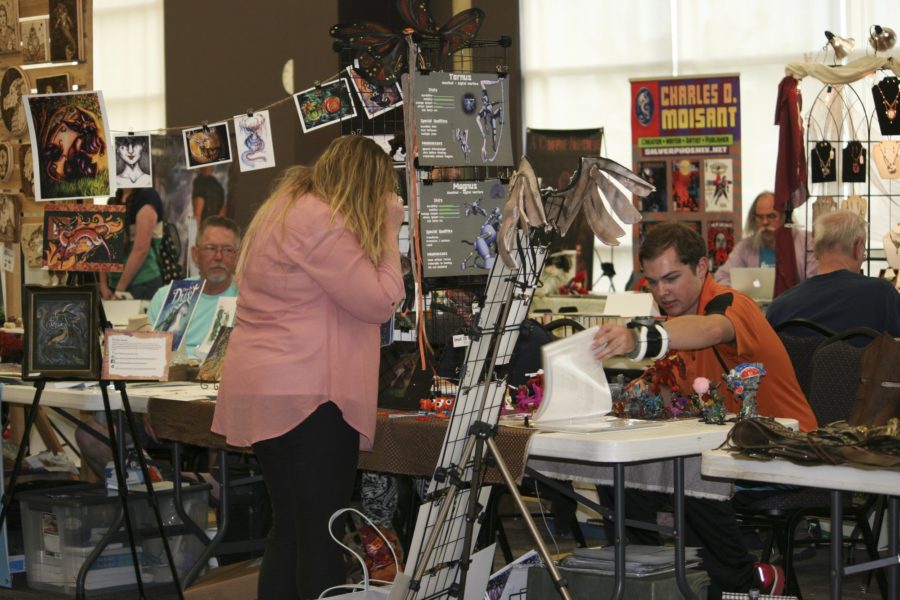
With Halloween quickly approaching and the return of “The Walking Dead,” I started to think about zombies, and how they’ve risen from a semi-obscure legend to a spot among other classic monsters in the past several decades.
Zombie myths have existed for hundreds of years, going back to the voodoo traditions of Haiti and their African ancestors before them. It was believed that a deceased person could be brought back to life through the use of magic by a sorcerer who would then control them as their slave, and the zombie would have no free will. Mary Shelley’s “Frankenstein” was the first piece of literature that drew on the folklore of the undead as results of science and not as magic, which is the view that has become canon in most zombie lore.
When thinking about the apocalypse, many picture the dystopian futures of novels like “Hunger Games” and “Divergent.” But the recent explosion of zombies in popular culture suggests that perhaps we as a society are starting to consider the end of the world less of a dystopian future and more of a post-apocalyptic world.
We have the technology to destroy all human life and can grow organs. How far-fetched is it really to think that a virus could start to kill off humans and re-animate the dead? After all, there already exist pathogens that can turn certain species zombie-like.
Ophiocordyceps unilateralis is a fungus that infects ants and changes their behavior. Science has documented this fungus decimate ant colonies. This fungus was one of the inspirations for the zombie infection in the video game “The Last of Us,” which has been hailed as one of the best zombie games in recent years.
Feasibility aside, the thought of what would happen to our society is a fascinating one that seems to be at the center of shows like “The Walking Dead.” What happens with a society that every moment is hyper-focused on the survival of the individual and their loved ones, where the rules of our society now don’t apply? How would people change when they know that at any moment the people they love might die and they’d be alone?
Situations like those presented in zombie fiction show us that our society is fairly fragile and that if something like a zombie outbreak were to occur, we might see the needs of the individual overcome the needs of the whole as chaos broke out.
We see this in “The Walking Dead,” with the group of drifters in season 4 that Daryl joins for a while. While the group does have a system to govern each other, they’re very much individualistic and out for themselves. Even the people at Terminus, who were once open to allowing people to live in harmony with them, experienced the harshness of people in the post-apocalyptic world, which forced them to adopt their “you’re either the butcher or the cattle” philosophy.
So whether it’s a classic zombie movie, or “The Walking Dead” or any of the many spoofs and video games that zombie lore has churned out over the years, it’s safe to say that zombies are here to stay and will continue to influence our society’s views.



